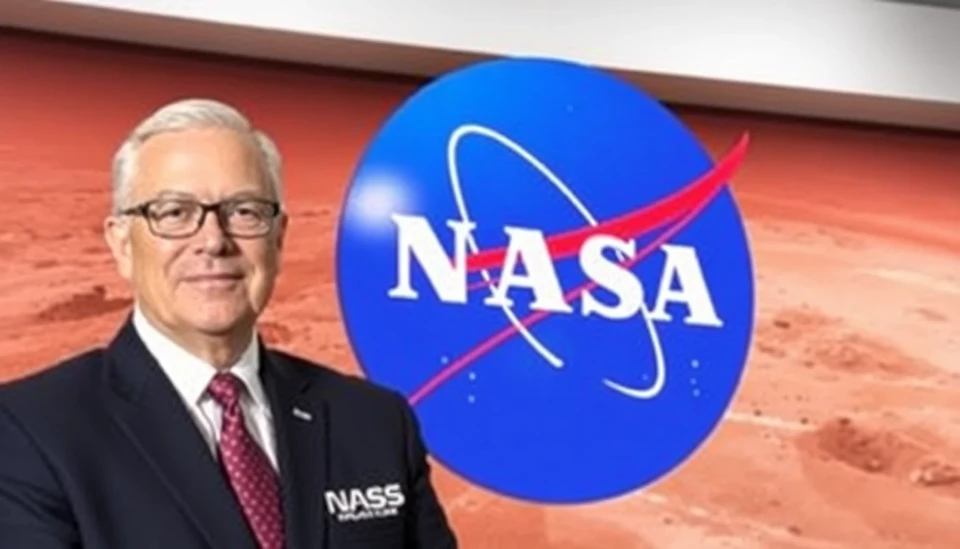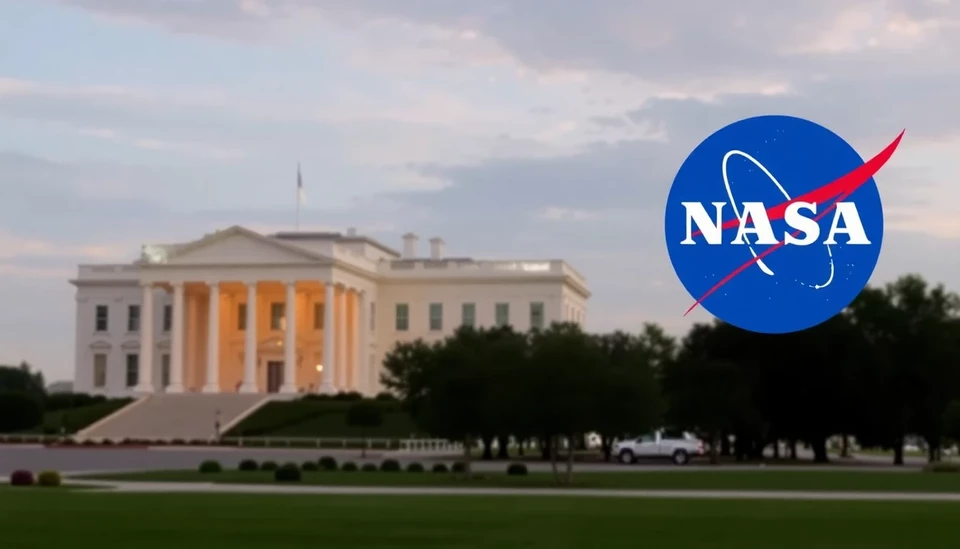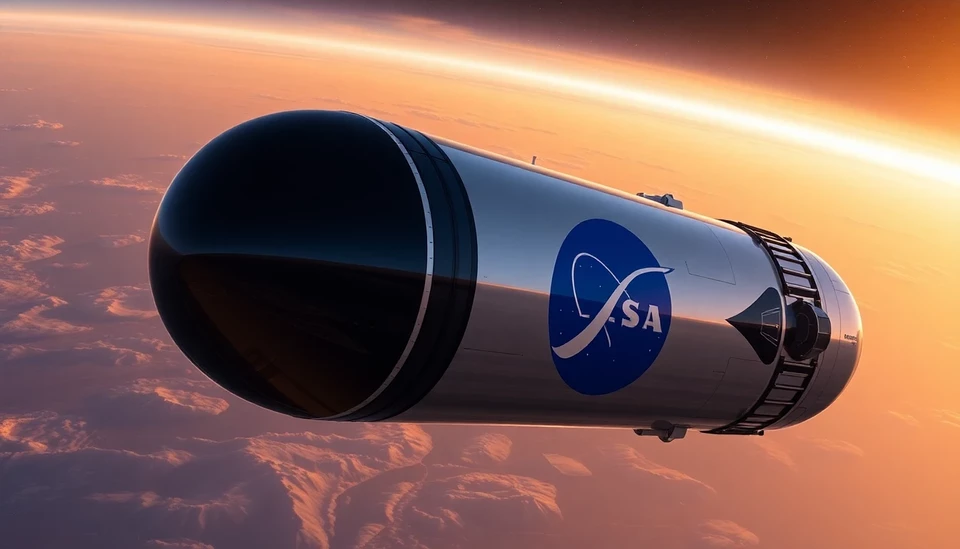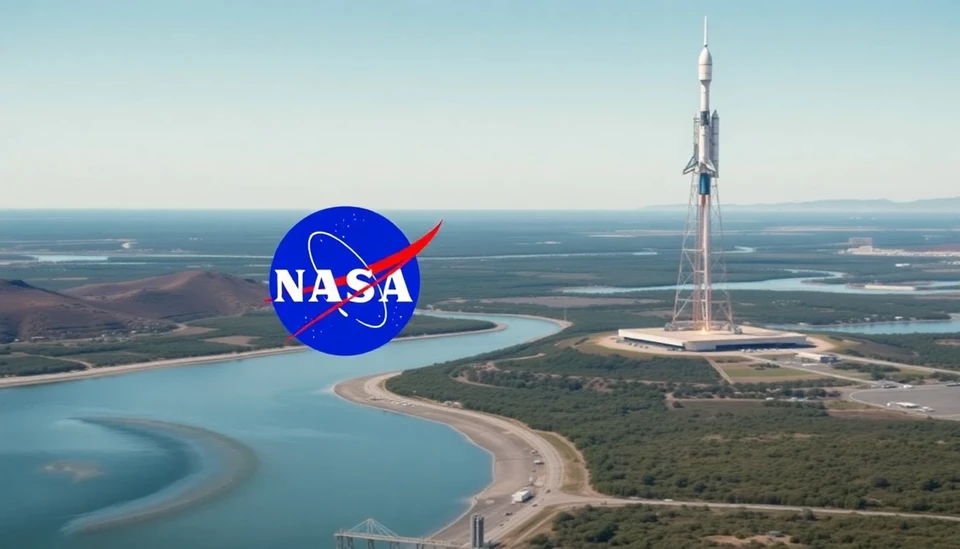
In a bold step towards advancing space exploration, President Donald Trump has appointed a billionaire entrepreneur and aerospace innovator to lead NASA, signaling a renewed focus on the mission to Mars. This decision has sparked widespread interest and debate within both the scientific community and the public, as it promises to potentially reshape the future of space travel.
The newly appointed NASA administrator, known for his previous ventures in the private space sector, asserts that establishing a human presence on Mars is not just a goal, but a crucial priority for the agency. During his inaugural address, he emphasized the necessity of pushing the boundaries of human exploration beyond Earth's orbit, highlighting that Mars is the next logical step following the successes of lunar missions.
This initiative aligns with Trump's broader vision for national space policy, which has increasingly favored private sector involvement in space endeavors. By appointing a leader with deep ties to the business community, Trump aims to harness innovation and investment from private enterprises to fast-track NASA's ambitious plans. The administrator’s past experience in launching successful commercial space projects suggests that he may bridge governmental objectives with the agility and creativity often found in the private sector.
The administrator's blueprint for NASA includes a multi-faceted approach to Martian exploration, focusing on not only crewed missions but also robotic precursors that ensure all systems are go before astronauts make the long journey. He outlined plans for existing technologies to be adapted and evolved for deep-space travel, ensuring safety and sustainability for future missions.
Additionally, the new NASA chief has highlighted several key scientific objectives related to Mars exploration, including the pursuit of evidence for past life, studying the planet’s geology, and understanding its climate systems. These research efforts are seen as essential avenues to catalyze greater interest in space science and foster international collaboration.
The reaction from the scientific community has been largely positive, with many experts expressing enthusiasm for the potential of participatory exploration led by both government and private entities. Yet, there are reservations about the implications of commercialization on NASA's core mission of scientific research. Critics express concerns that prioritizing profitability could sideline essential scientific inquiries in favor of projects with more immediate economic returns.
As plans progress and more information is released, the space exploration community awaits further details on technological developments and partnerships that might emerge from this new administration. Advocates for human spaceflight commend the urgency of establishing a foothold on Mars, with many viewing this as a pivotal moment in humankind's pursuit of cosmic knowledge.
With the Mars mission gaining momentum, all eyes are now set on the road ahead. How NASA will balance its responsibilities as an agency committed to scientific exploration while engaging with private sector partnerships will be closely scrutinized in the coming years.
#NASA #MarsExploration #SpaceTravel #TrumpAdministration #BillionaireCEO #SpaceInnovation #HumanSpaceflight
Author: Samuel Brooks




